My intense self-examination (maybe over examination) started innocently. I was adjusting my bike for a FlyWheel spin class and the instructor asked if I had signed up for the leaderboard—where the statistics of how you’re doing in class are projected on to a Jumbotron-sized screen a couple of times during class (aka, public shaming).
Was I becoming that woman? You know, the one who dresses and acts inappropriately for her age?
“Yes,” I answered, “I’m BlondeBomb.”
“That’s cute,” he cooed, and of course we know that when someone—especially a man—calls something “cute,” that’s often not a compliment. “Is that something your kids call you?”
I was dumbstruck. How could he not see that my blonde-hair-big-boobs-hourglass figure would give me the blonde bombshell moniker? And then the thought crossed my mind: He’s seeing me as a woman of a certain age—a little soft around the edges—who still spins. Nothing more, nothing less.
And I wish I could say this was only time something like this happened, but there have been other incidents.
What was happening? Was the identity I’d so carefully honed over the years now wrong? Were my outsides not matching my insides?
I wondered if I was delusional, suffering from some sort of body dysmorphia disorder brought on by being middle-aged? Was I becoming that woman? You know, the one who embarrasses her friends and family by dressing and acting inappropriately for a woman of a certain age?
Thankfully, I found some comfort in the fact that I’m not alone with these shocking little moments and the identity crisis afterwards.
Read More: The Challenge of Maintaining Good Body Image as We Age
Not Being Noticed
Angela, a gorgeous, 50-something trainer, reports that getting help at Home Depot used to be a breeze. Now, she could blow in on a hurricane and still be ignored.
“When I was in my 20s, I went in to buy a ladder,” she shared. “When I got to the parking lot, at least six men were knocking themselves out to help me tie it to my car. There was an older man watching who cracked, ‘I guess you have to wear a short skirt to get some service.’”
But today, “I can be dragging a 90-pound bag of rock salt around the store and no one will look at me,” she says, no matter how short her skirt is.
I still think I am the girl who can turn heads, but I’m really an old broad.
Anne Bratskeir, a youthful and chic-as-hell 60-something woman, says her mojo is not quite as effective as it used to be. “I’ve always been the tall, thin woman who could walk into a bar and someone would look at me,” she explained. “I still think I am the girl who can turn heads, but I’m really an old broad.”
But an “old broad” in a new (better) sense of the phrase. “I take care of myself—I exercise and may be in better shape now than when I was younger.” And, she added, “I cover my gray, and when I get my hair styled, I ask for more Patti Smith, less suburban lady.” Laughing, she clarified, “Actually, I ask for my hair to be more rock-and-roll, because I don’t think my stylist knows who Patti Smith is.”
Midlife Identity Crisis: Can You Morph Your Mindset?
The game changer for Bratskeir is that she is less likely to accept these slights. If the bartender treats her as if she’s invisible, she speaks up. Rather than relying on her appearance to open doors, start a conversation, or get attention, she goes after it if necessary—in the most charming way possible. “I am still ‘that girl,’” she says, explaining why she won’t fade into the background.
In I Feel Pretty, Amy Schumer’s recent film, her character goes from being a woman with insecurities to one who knows she can hold her own next to any woman, supermodel, or otherwise gorgeous creature after suffering a bump on the head. The thing is, she doesn’t look any different—her perception of how others see her is altered by how she sees herself. And while this example is slightly different than women who are aging, the message is the same—it’s in our heads…to a degree.
There’s a fine line between aging well, with style, and trying too hard.
Our bodies, faces, and outward personas change with time and, yes, with age. While we still believe we are the bombshell, the rock-and-roll babe, the vital young woman, and more, we may have to sell it harder and even find a new baseline for what makes us, well, us. In my case, I vacillate between thinking that if they don’t recognize my coolness, they’re not worthy of my time—or working even harder to make sure my outside persona matches what I feel like inside. Going with the latter, though, I run the risk of becoming a caricature of my former self. There’s a fine line between aging well, with style, and trying too hard.
The Confidence Game
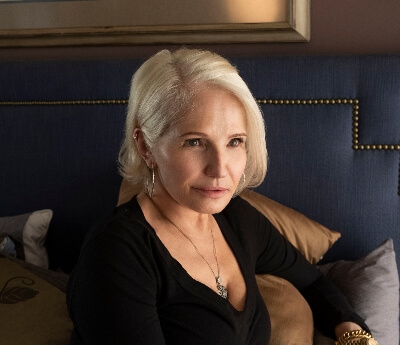
Ellen Barkin knows how to work it.
Years ago, I interviewed the actress Ellen Barkin and one of the things she shared has stuck with me. In her 50s at the time, she said she was not giving up her bikini, ever. She was a bikini-wearing woman, no matter what. And, furthermore, she said she thought that women in general should not give up their bikinis, no matter what their age.
She was a bikini-wearing woman, no matter what.
Her belief in herself had nothing to do with her body or her beauty—it was all about her attitude and her confidence. Schumer, Bratskeir, and Barkin have it right—you need to own your persona, no matter what others see.
As for this (former) bombshell, I’m off to make sure my red lipstick is in place and to practice my best swivel and shake, which I will own. In my mind, I will always be that girl. And you’re the one missing out if you cannot see it.
Read More: The Maintenance Divide: The Unattractive Clash Over How Much Help We Get With Our Looks
***
Lisa Marsh loves writing about real women, living real lives, no matter what their age. She is the author of four books, is a dedicated dancer and FlyWheel spinner, and the mother of two in New York City. Find her @LisaMarshWriter across platforms.
A version of this story was originally published in May 2018.

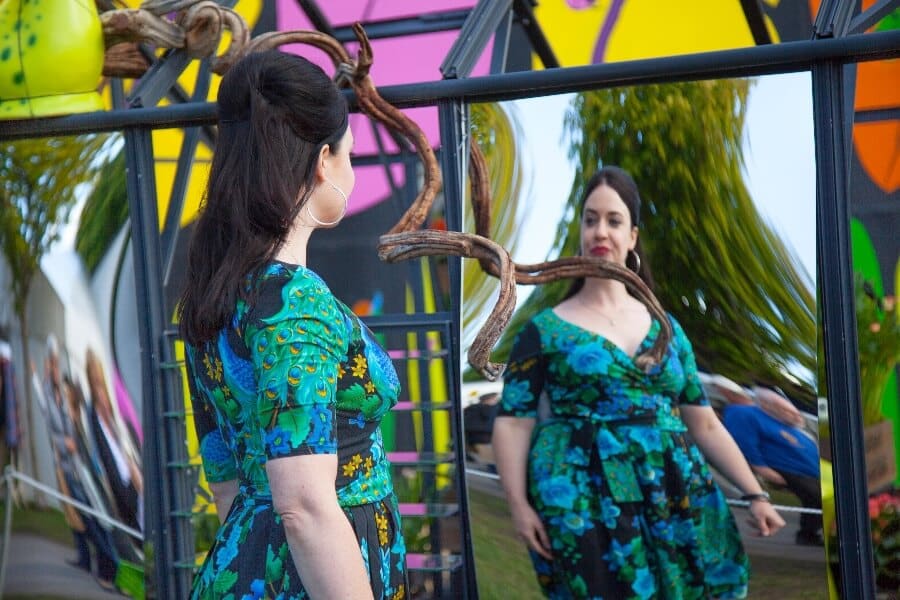




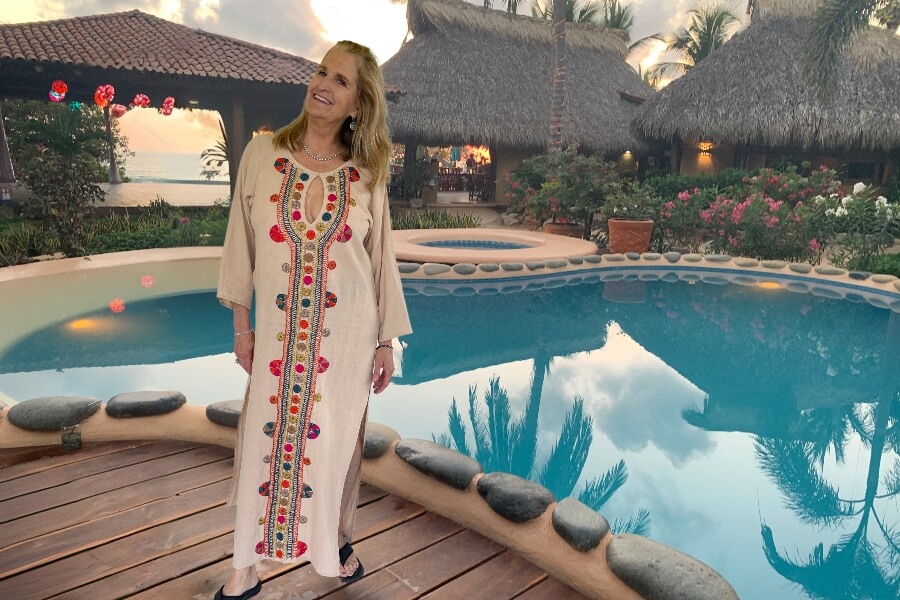


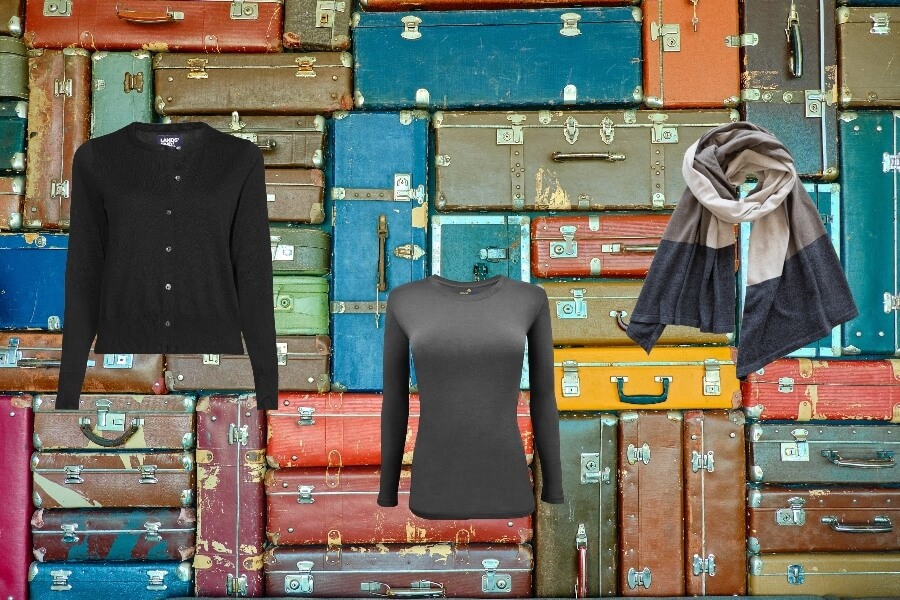

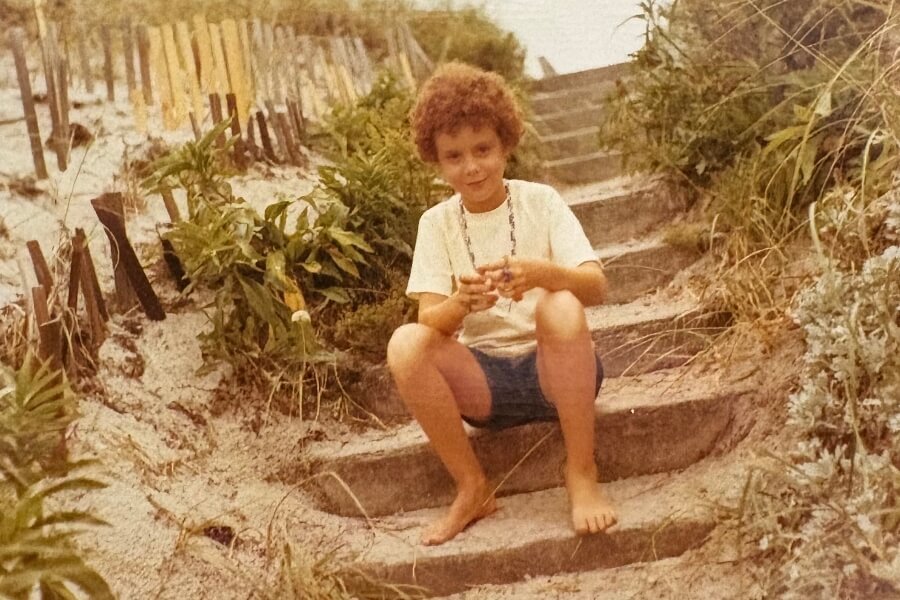

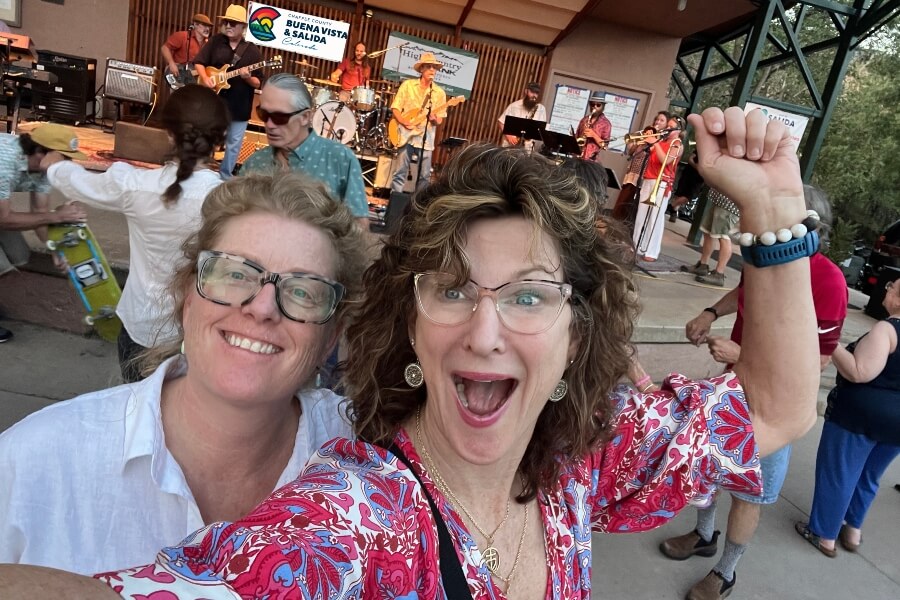









0 Comments